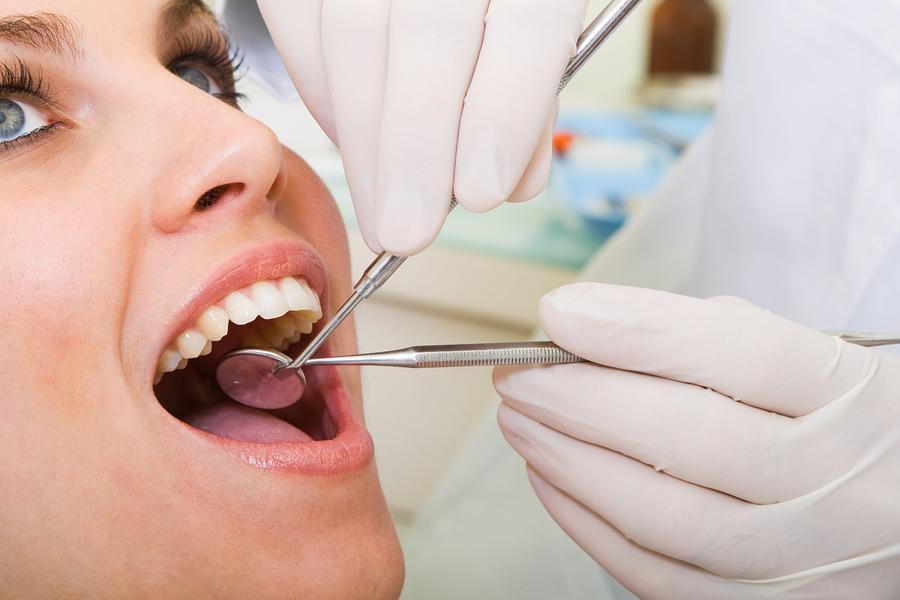The Benefits of Routine Checkups to a Dentist Eugene Oregon
The Benefits of Routine Checkups to a Dentist Eugene Oregon
Blog Article
A Guide to Usual Oral Conditions That Call for a Dental practitioner's Care
Toothaches, for example, can be symptomatic of severe concerns such as cavities, split teeth, or abscesses, each requiring details treatments like dental fillings or root canals. Influenced knowledge teeth and jaw problems can present significant pain and difficulties.
Toothaches
Toothaches are a common dental condition that can range from light pain to severe pain, often indicating an underlying concern that requires professional attention. This discomfort can come from a variety of resources, including tooth decays, cracked or fractured teeth, and oral abscesses. Each of these conditions presents considerable risks if left unattended, potentially causing extra serious difficulties.
Dental dental caries, also understood as caries, are brought on by the accumulation of plaque that deteriorates tooth enamel, bring about holes or pits in the impacted teeth. Split or fractured teeth, on the various other hand, may result from trauma, grinding, or attacking into tough things. These architectural damages can expose the delicate internal layers of the tooth, causing acute pain and boosting the risk of infection. Abscesses are excruciating infections at the root of a tooth or in between a tooth and the periodontal, commonly arising from severe decay or untreated tooth cavities.
Reliable therapy of toothaches entails resolving the root cause. This may include dental fillings for tooth cavities, crowns for split teeth, or root canals and anti-biotics for abscesses. Very early treatment by a dental professional can stop more damage and reduce pain, making sure optimum oral wellness.
Gum Tissue Condition

The primary source of gum illness is microbial plaque, a sticky, anemic movie that regularly creates on teeth. Poor oral health, smoking, genetic proneness, and certain clinical conditions, such as diabetic issues, can exacerbate the danger of creating gum illness. Routine dental exams are critical for very early discovery and administration of this condition.
Therapy for periodontal disease varies from specialist dental cleansing and scaling to advanced procedures like origin planing and periodontal surgery, depending on the severity. Preserving good oral health practices, consisting of cleaning twice daily, flossing, and using a disinfectant mouth wash, can dramatically lower the threat of periodontal illness and promote healthier gum tissues.
Dental Caries
Tooth cavities, also understood as cavities, are a common oral condition characterized by the destruction of tooth enamel because of acid-producing germs in the mouth. These bacteria grow on sugars and starches from food and beverages, producing acids that gradually erode the enamel, resulting in tooth cavity development.
Early-stage cavities might disappoint signs, yet as they advance, they can cause tooth pain, level of sensitivity to warm or cold, visible openings or pits in the teeth, and discoloration. If left unattended, tooth cavities can permeate deeper layers of the tooth, potentially resulting in severe discomfort, infection, and even missing teeth.
Avoiding tooth cavities includes a mix of good oral health methods and dietary practices. Regular brushing with fluoride toothpaste, flossing, and routine dental exams are vital. Dental practitioners may also advise extra safety nets, such as fluoride therapies and oral sealers, to safeguard teeth from degeneration.
Treatment for tooth cavities depends upon their seriousness. Minor dental caries can be addressed with dental fillings, which recover the tooth's structure. If the degeneration has reached the tooth's pulp, much more sophisticated cases may call for crowns or even root canal treatment. Prompt treatment by a dental expert is necessary to avoid complications and keep total oral wellness.
Impacted Knowledge Teeth
Influenced wisdom teeth are a prevalent oral concern that happens when the 3rd molars, frequently referred to as knowledge teeth, fall short to fully arise or straighten effectively within the mouth. This problem commonly results from insufficient space in the jaw or an uncommon growth angle of the teeth. Influenced wisdom teeth can bring about a selection of problems, consisting of damages, pain, and infection to surrounding teeth.
When knowledge teeth become affected, they are frequently partially emerged or remain totally beneath the periodontal line. This partial eruption can produce a path for microorganisms to go into the gum tissues, causing infections that show up as swelling, pain, and also fever (dentist in eugene oregon). In addition, affected wisdom teeth can put more in pressure on bordering teeth, possibly creating crowding or changing
A detailed dental exam, commonly involving X-rays, is vital for detecting affected wisdom teeth. Routine oral exams are recommended to keep an eye on the problem and maintain dental health and wellness.
Jaw Conditions
Final Thought

Oral tooth cavities, additionally understood as caries, are triggered by the build-up of plaque that erodes tooth enamel, leading to holes or pits in the influenced teeth. Abscesses are agonizing infections at the root of a tooth or in between a tooth and the gum, commonly resulting from serious degeneration or neglected tooth cavities.
Affected knowledge teeth are a widespread dental problem that happens when the 3rd molars, commonly referred to as knowledge teeth, fall short to fully arise or straighten properly within the mouth. Impacted wisdom teeth can lead to a variety of issues, consisting of discomfort, damage, and infection to adjacent teeth.
Furthermore, impacted wisdom teeth can put in pressure on neighboring teeth, potentially causing crowding or moving.
Report this page